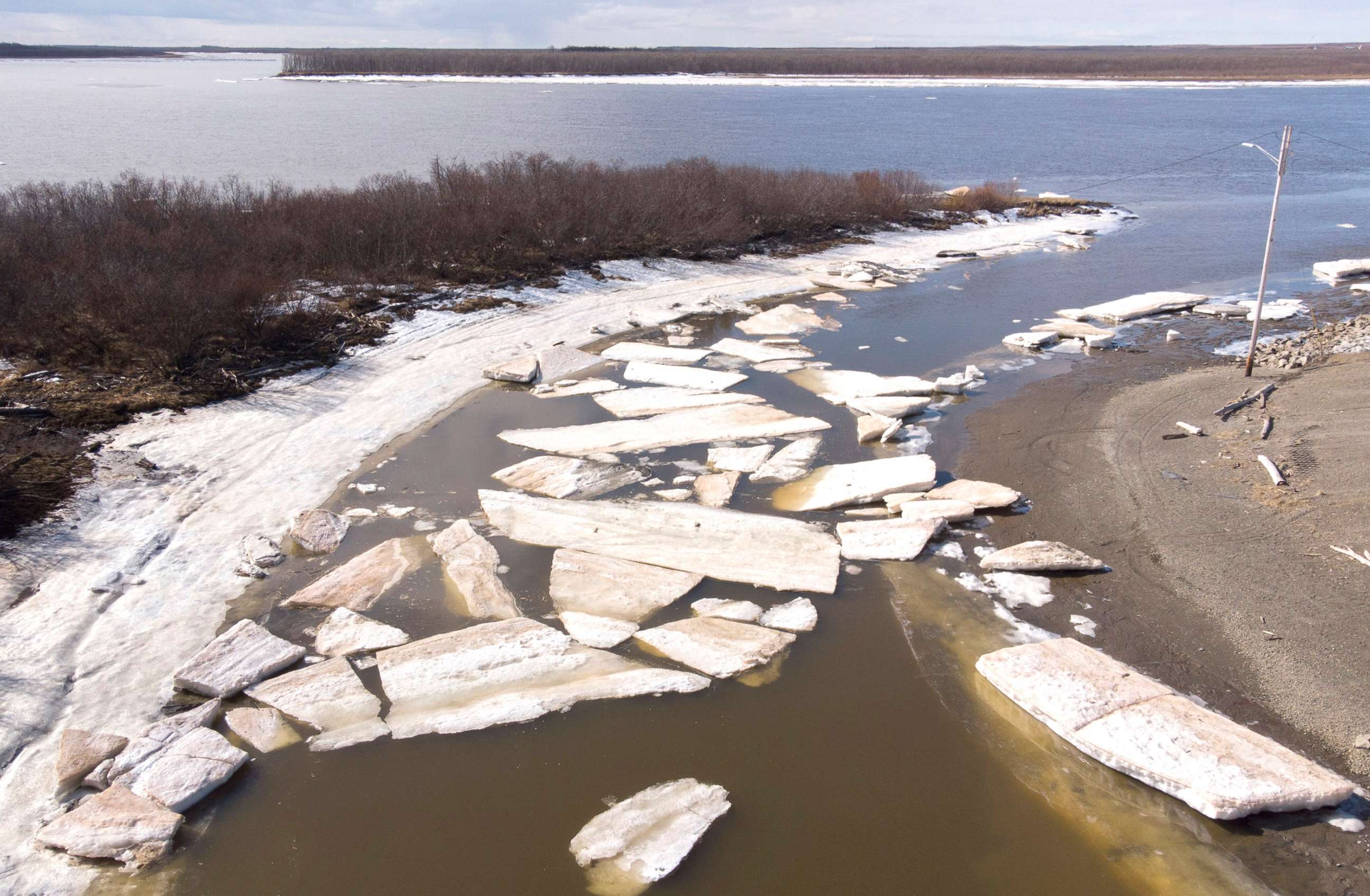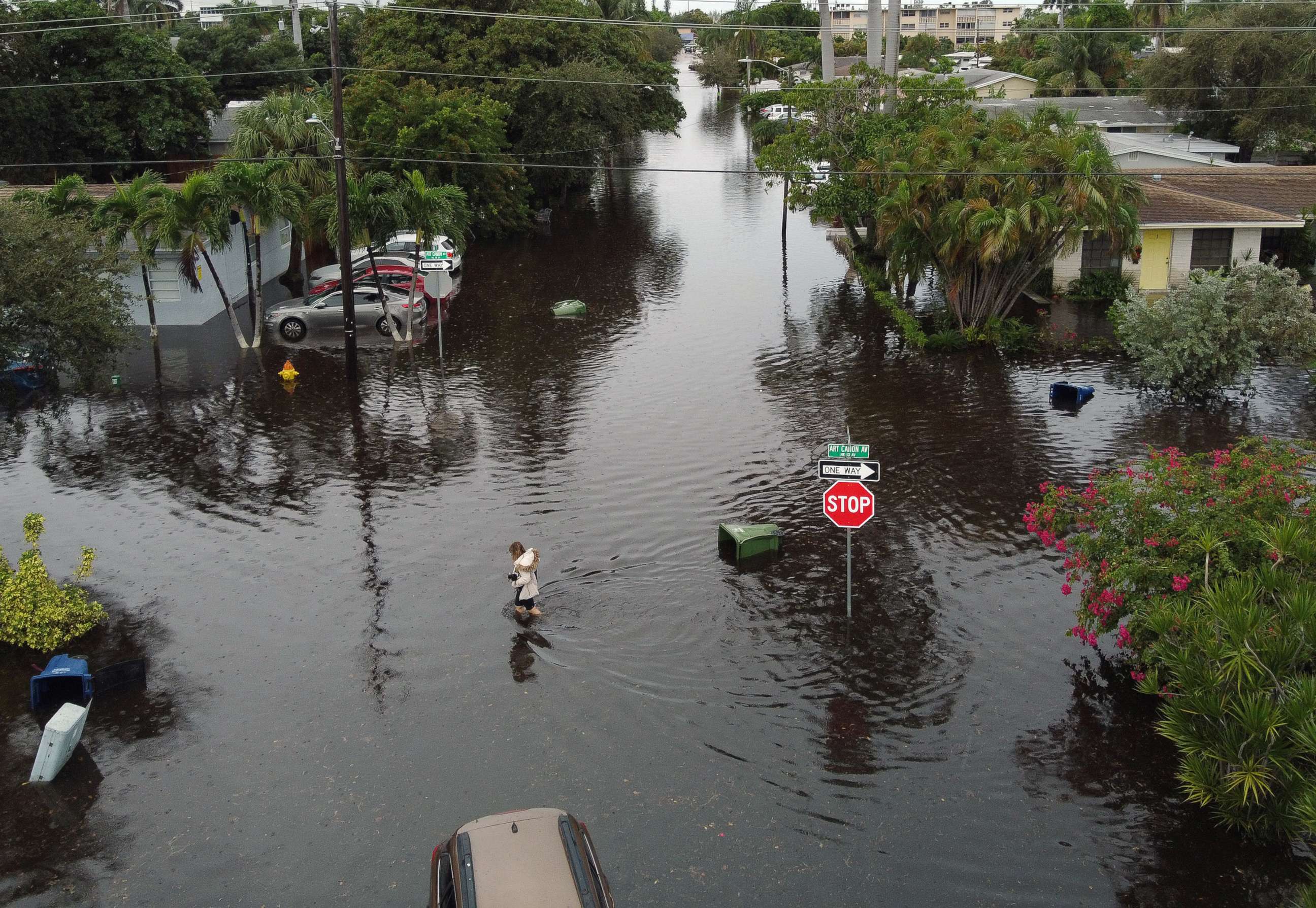2019 was Alaska's hottest year on record, above average temps for most of US
Last year also marked the second wettest year on record for much of U.S.
Alaska had its warmest year on record in 2019 with average temperatures 6.2°F above the long-term average and most parts of the country saw above-average temperatures, according to data released by the National Oceanic and Atmospheric Administration.
The average temperature in most of the United States was 0.7°F above the 20th Century average in 2019. Precipitation was almost 5 inches above average, the second wettest year on record.

Georgia and North Carolina also saw the states' high temperatures on record last year and states in the West, South, Southeast, Ohio Valley, Mid-Atlantic and Northeast experienced above-average temperatures. Temperatures in the northern plains and South Dakota were slightly below average.
Many locations across Hawaii also experienced a near-record to record warm year in 2019, partly influenced by warm ocean temperatures.
Temperatures were the coolest since 2014, a change from the previous five years that market the warmest in recorded history.
The average global surface temperature has risen more than 1.5 degrees Fahrenheit since the 1880s, according to U.S. government data, which is largely driven by releases of carbon dioxide and other greenhouse gases by human activities like energy production and transportation.
Warmer temperatures can disrupt weather patterns, amplify the threat from events like wildfires and flooding, among other changes.

Precipitation was almost 5 inches above average in most of the United States in 2019, the second wettest year on record.
There were 14 disaster events costing more than $1 billion in the U.S. in 2019, including tropical storms Dorian and Imelda, wildfire damage and the combined flooding from the Missouri, Arkansas and Mississippi Rivers. The number of $1 billion inland flooding events has increased over the last decade.
ABC News' Max Golembo contributed to this report.




